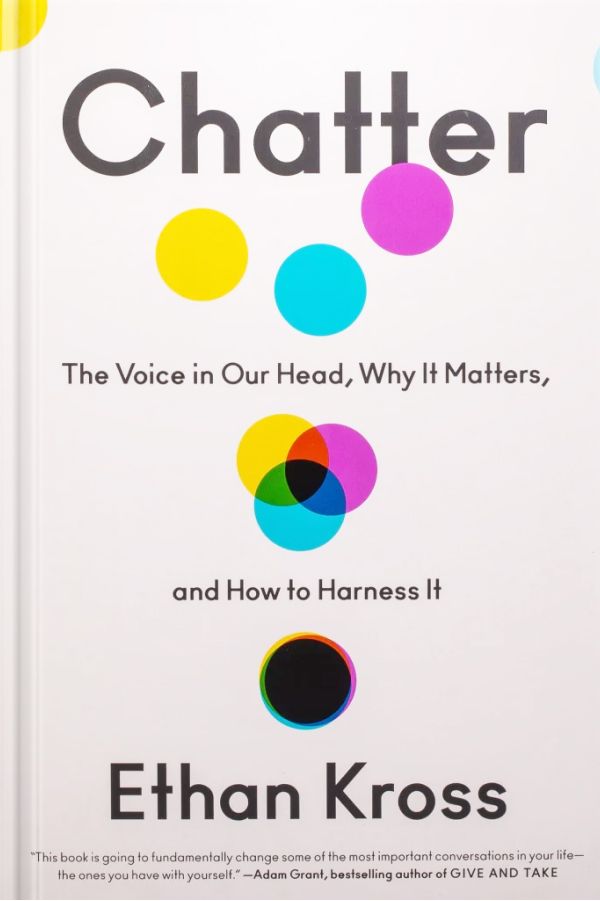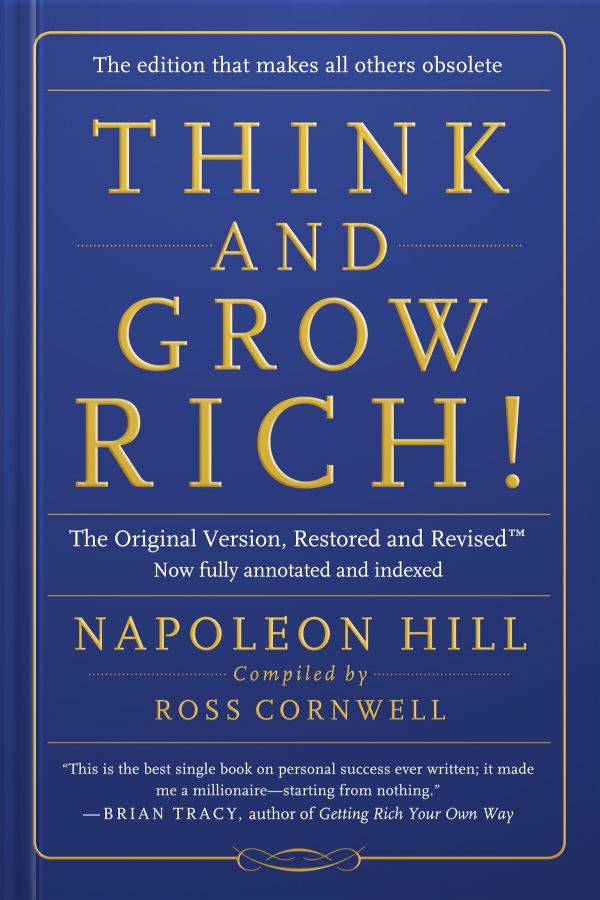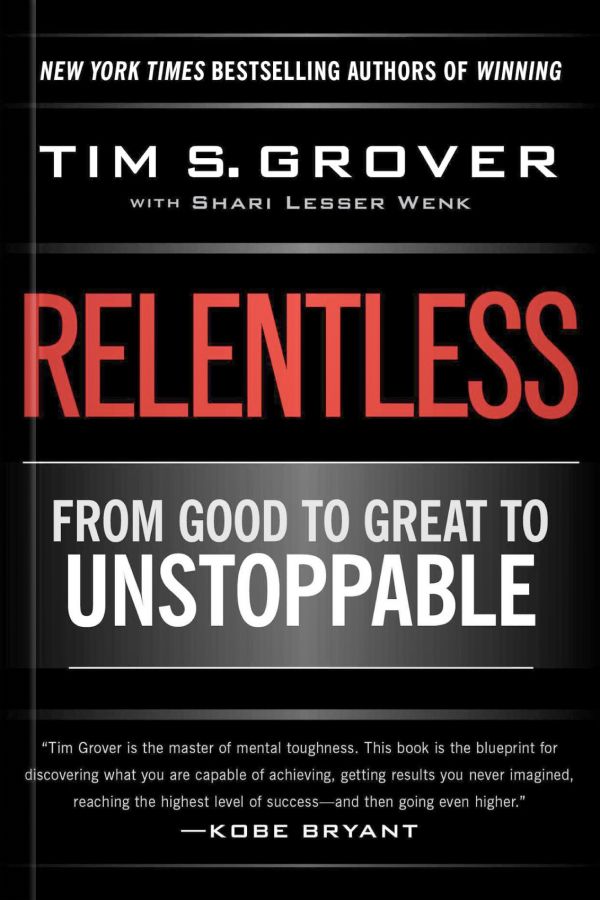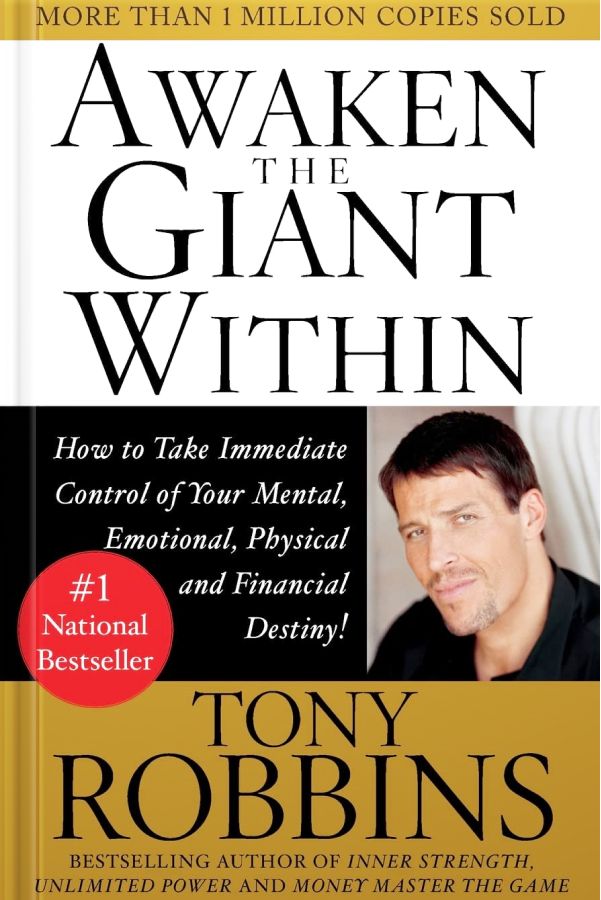
Psychology
Chatter by Ethan Kross
1. The Double-Edged Sword of Introspection
Kross recognizes introspection, or the ability to observe one's mental processes, as a valuable tool for reflection and decision-making.
However, this practice can often lead individuals into a spiraling cycle of negative thoughts and feelings, transforming introspection from strength to vulnerability.
2. Understanding Chatter
"Chatter" is the term Kross employs to describe this cycle of negativity resulting from introspection.
However, Kross reassures us that we can steer our internal dialogues back toward positivity by mastering introspection without allowing chatter to seep in.
3. The Value of Self-Talk
One effective method to curb chatter is "distant self-talk."
This technique involves addressing yourself by name and using "you" as though providing counsel to another individual.
It allows you to detach and look at your situation objectively, offering a healthier perspective on your issues.
4. The Power of Distant Self-Talk
Kross emphasizes the importance of silent, distanced self-talk, arguing that it assists in separating oneself from their immediate experiences and frames their challenges from a broader perspective.
5. Choosing Your Confidantes Wisely
While sharing our concerns with others can be beneficial, Kross warns us to be cautious about whom we confide in.
Many people, though well-intentioned, may offer emotional support without providing the broader perspective that we often need to combat chatter.
6. Quieting Your Thoughts
Kross suggests that many of us instinctively indulge in certain behaviors when discussing chatter.
Research indicates that these behaviors, as long as they're not extreme, can provide some relief by silencing our swirling thoughts.
7. Achieving Order to Quiet Chatter
Creating order in various aspects of our lives can help offset the disorganization by chattering through "compensatory control."
This counterbalance gives us a sense of control when our thoughts are in disarray.
8. The Healing Power of Awe
Awe, defined as an emotion that overwhelms us when faced with something vast and inexplicable, can heal chatter.
For example, the enormity of a star-filled night sky or the majesty of the Grand Canyon can instill this emotion in us.
9. The Key Role of Awe
Kross contends that our chatter seems to shrink in the presence of something awe-inspiring.
This downsizing effect enables us to see our problems as less significant and more manageable.
10. The Flexibility of the Mind
Finally, Kross presents an optimistic view of our minds, emphasizing their adaptability.
Much like how we treat a fever with medication, we possess a psychological immune system capable of reshaping our thoughts using our thoughts themselves.
In summary, "Chatter" provides an enlightening exploration into introspection and self-talk, emphasizing the importance of controlling our internal dialogue.
Kross equips us with valuable tools to combat the potentially debilitating cycle of chatter and steer our introspection toward positivity and growth.


















